Magic: the Gathering‘s esports division is still less than a year old, but Elaine Chase—the current VP of Esports at Wizards of the Coast—already has big changes planned for the game’s competitive scene. In an announcement this morning, Wizards rolled out a number of changes as Magic heads toward its 2020 season. We sat down with Chase to dig deeper.
Magic has seen “huge growth” in the past year
Even though the game is 25 years old, Chase feels like Magic “is more exciting than it has ever been.” The reason why is easy: growth.
Magic: the Gathering Arena has seen over 1.1 billion games played since it went into open beta in September 2019, according to Chase. This has also coincided with a rise in streamed events for the digital platform—a result of partnerships Wizards of the Coast has forged with organizations like Red Bull, Twitch, and Fandom Legends.
Arena‘s additions to the game’s competitive scene come coupled with other changes over the last year to the pro scene, most prominently the rebranding and restructuring of its tournaments and the creation of the Magic Pro League.
The first year of the esports division was focused on cementing the four pillars in place: Digital, Tabletop, the MPL, and Partner events. Now, the team is looking to its second year for the improvement and expansion of these pillars.

What’s coming in 2020
There are three major goals for “year two.” Wizards wants there to be more opportunities for players to qualify, a clearer path into the pro scene broadcast improvements to make the viewing experience better. Here’s what’s changing:
The Players Tour
Wizards is adding a regional tabletop Magic circuit called the Players Tour. Each region will host a Regional Players Tour Championship three times a year, which will culminate at a Global Players Tour Final.
This new circuit is a direct extension of WotC’s new partnership efforts, and will integrate many regional operators of tabletop Magic tournaments, such as Star City Games. Wizards has also partnered Brazilian outfit Bazar de Bagda to operate a Latin America Magic Series.
Chase notes that the addition of the Players Tour will effectively double the qualification slots into the pro scene, promising 3,600 total qualifier slots in 2020. Furthermore, Grand Prix events at MagicFests will remain intact.
The Players Tour will also directly impact the MPL, as top finishers will qualify into a new developmental league, the Rivals League.

The Rivals League
The Magic Pro League is getting a developmental system, dubbed The Rivals League. Rivals will be the new landing spot for top finishers in the Players League, MPL Qualifiers, and Mythic Invitational qualifers.
At the end of each Rivals League season, the top two Mythic Point earners and top two Player Point earners will be offered MPL contracts directly. Then, the remaining top six players in each category will face off against the bottom four MPL players in an MPL Gauntlet event, intended to be the highlight Rivals event of the year.
Chase acknowledges that, as a side effect of Rivals, the “path to pro” is also lengthened by the creation of one additional step before entry into the MPL. She notes, however, that top World Championship finishers will still be invited directly into the MPL. Fan have also given feedback that they want to see players rewarded for success over time, she said.
Rivals will also have opportunities to play in their respective regional Players Tour events and Arena Mythic Invitationals.
Arena Mythic Invitationals return
Chase also confirmed that there will be three Arena Mythic Invitationals in 2020, with two qualifiers each. These events themselves will remain structurally the same, and will continue to function as highlight tournaments for fans to watch top-tier play.
Coverage improvements
Wizards is well aware of criticism regarding the current coverage of Magic esports, and has a number of potential improvements in the works. During our interview, I brought up the difficulty following coverage even as an experienced journalist—delayed brackets, hard-to-find deck lists, etc.
Chase and her team are working constantly to improve the viewer experience, and are considering changes that may even stretch as far as the stream overlay. They plan a lot of iterations in the coming year to improve every element of viewership. Part of the challenge, she notes, is that the game is still in open beta. Features like replays and spectator modes are frequent points of discussion between the esports and game development divisions.
With this in mind, Chase is confident that Arena is the superior platform for Magic viewership. “It’s the centerpiece,” she says, “and Mythic Invitationals are the best way to watch Magic esports.”
Tabletop Magic has strengths as well, Chase adds, particularly when it comes to portraying the “gathering of people” around the game.

Building a future for Magic esports
A Magic business owner recently posted a prank tweet claiming he had made Top 8 in a Grand Prix event (when in reality he wasn’t even playing). The stunt was intended to be a statement about poor coverage.
Chase’s response to this implicit critique is to cite Twitch viewership numbers, which have doubled this year, and the creation of a number of partnerships for online Arena events like Twitch Rivals, Red Bull Battle Grounds, and Fandom Legends. “There has never been more ways to watch Magic,” she said.
The bottom line for Wizards is growth, change, and building for long-term stability. “Look how far we’ve come,” Chase says, referring to her own presence at Pro Tours in the late ’90s.
What she left unsaid was this: Look how far we’re going.


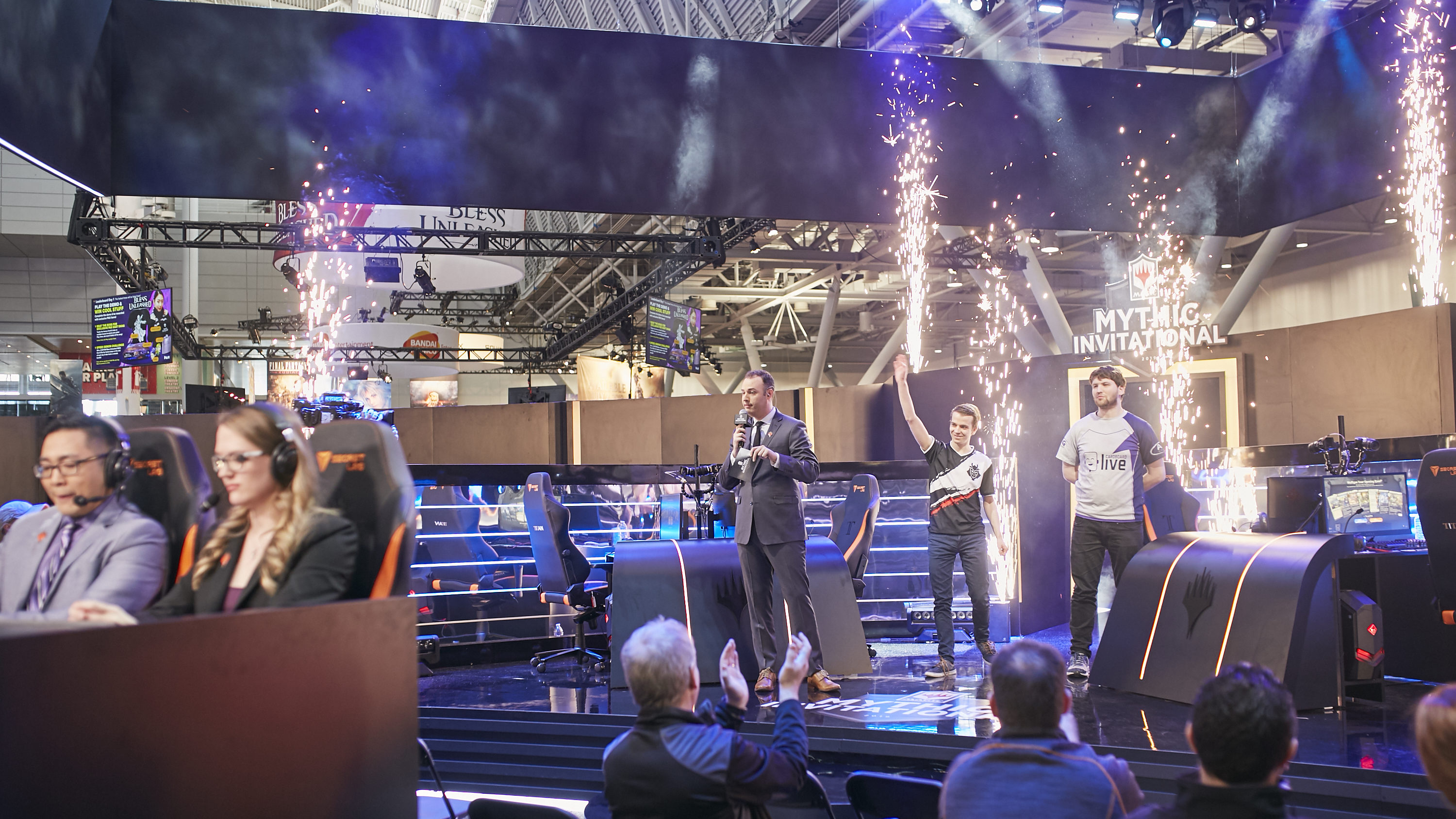
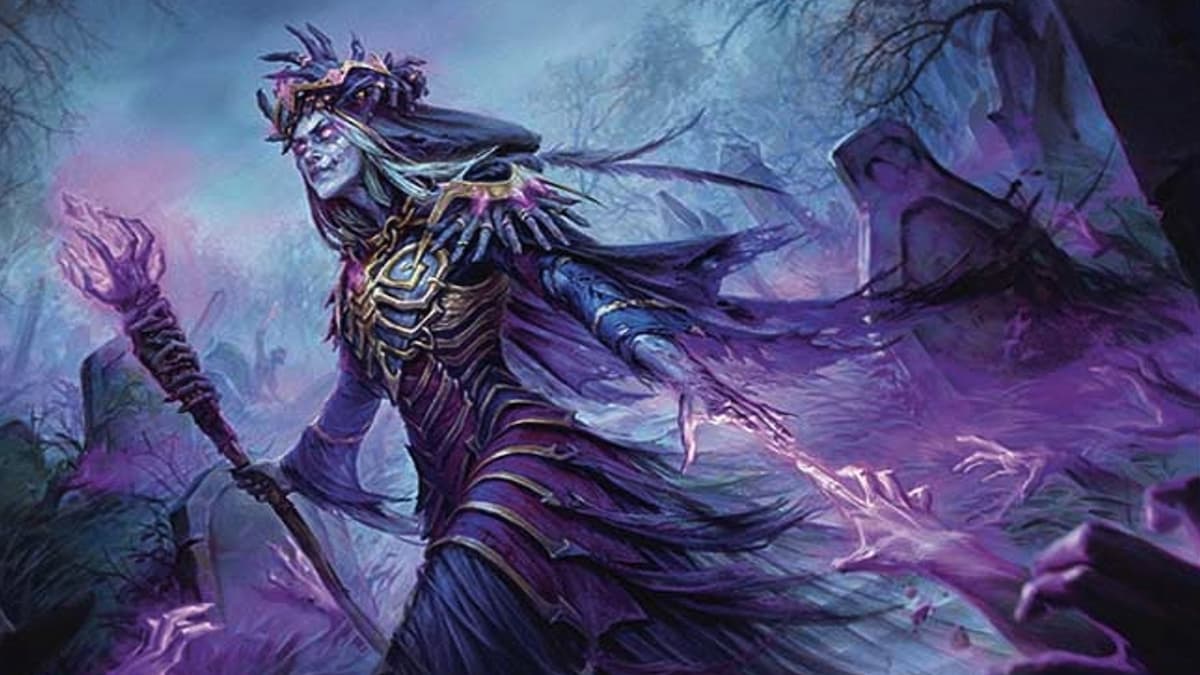
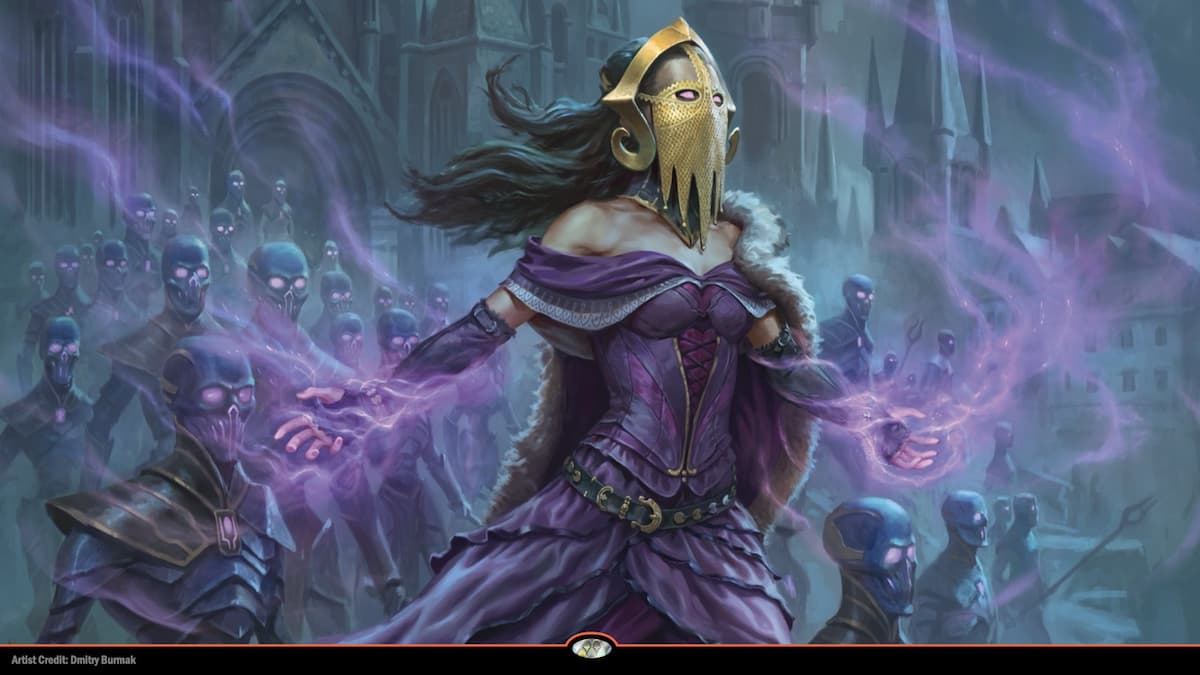
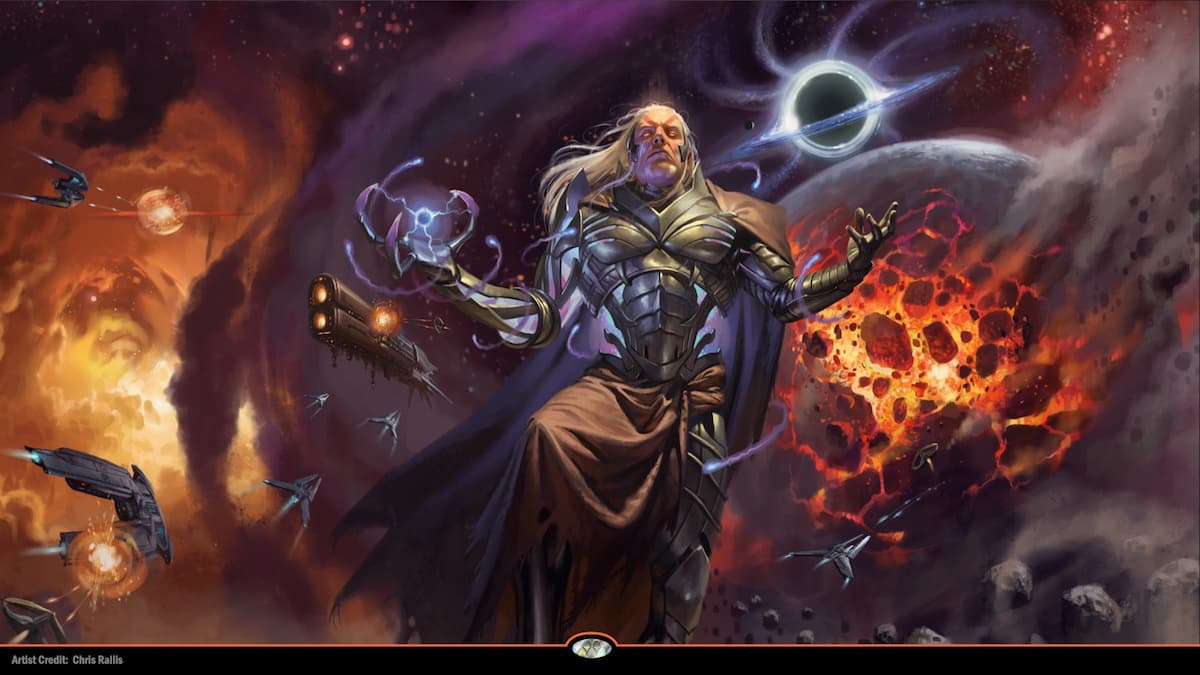
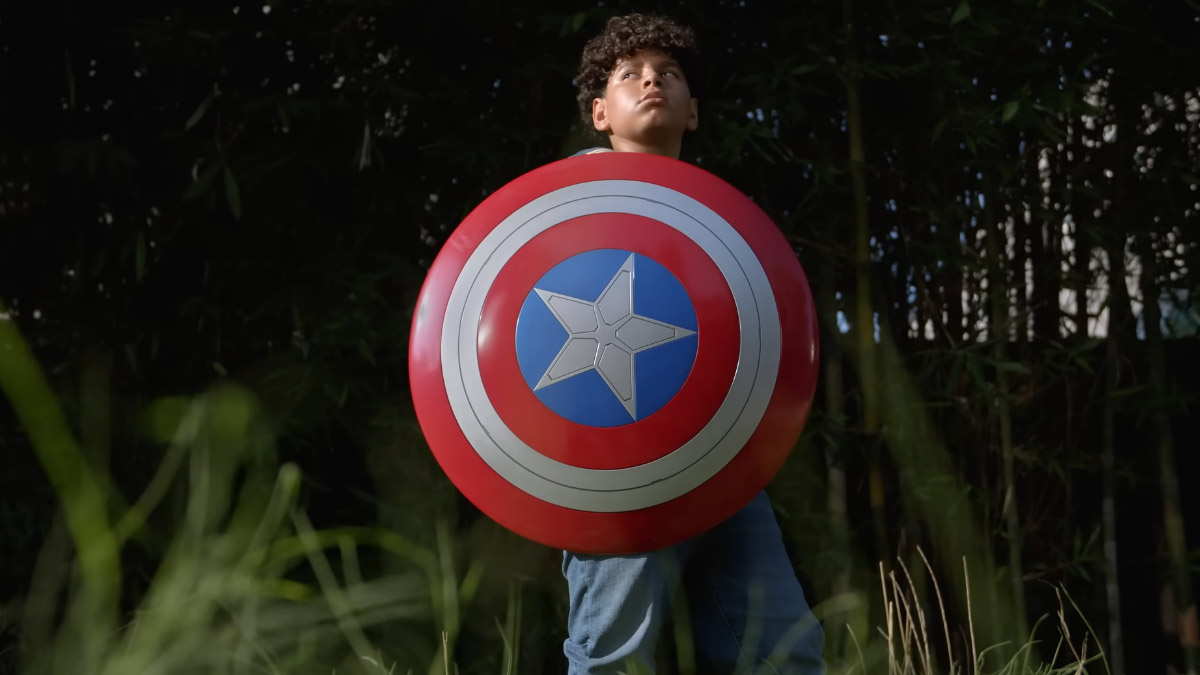
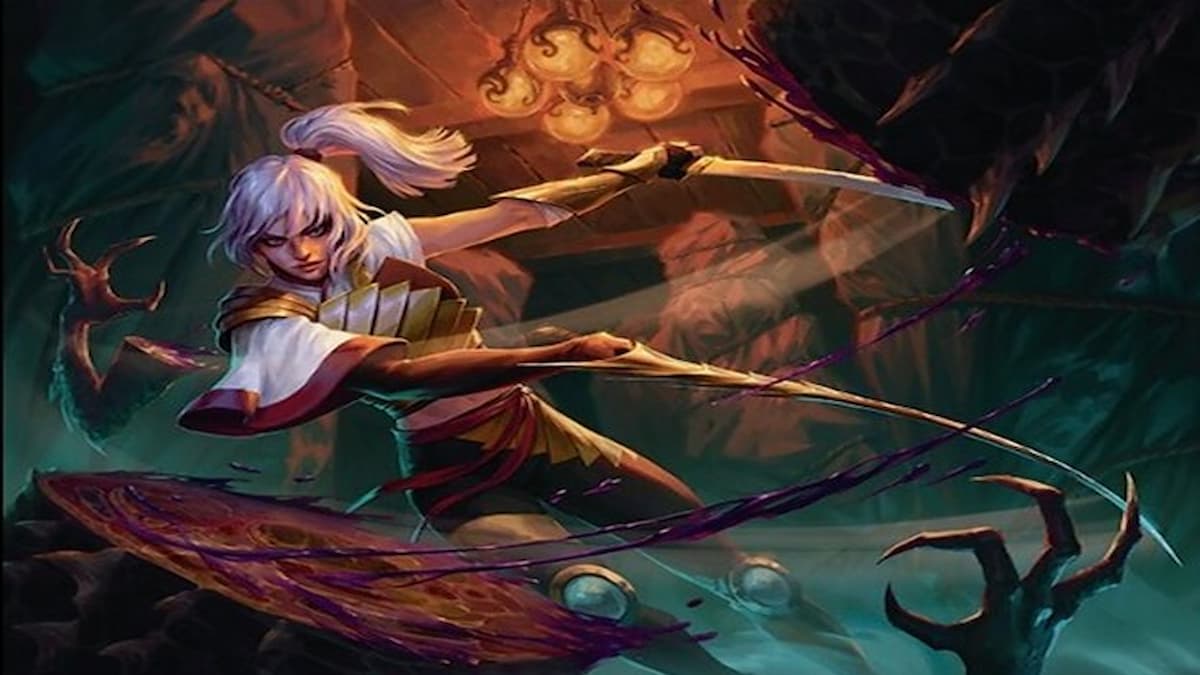
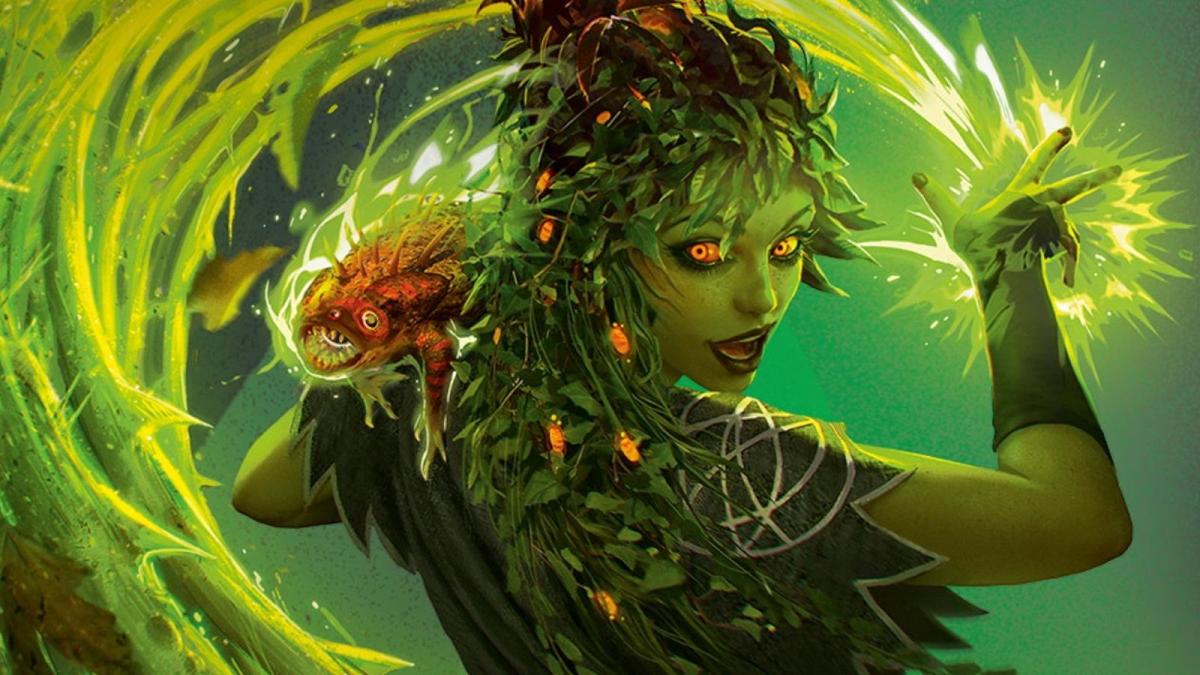
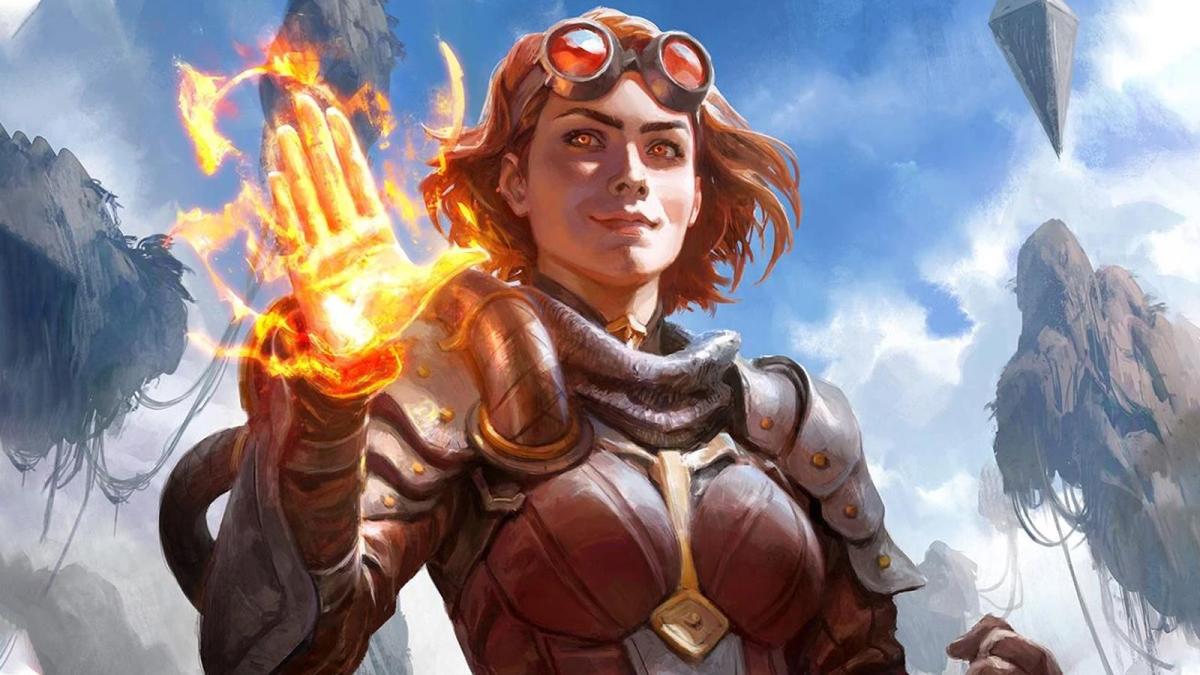
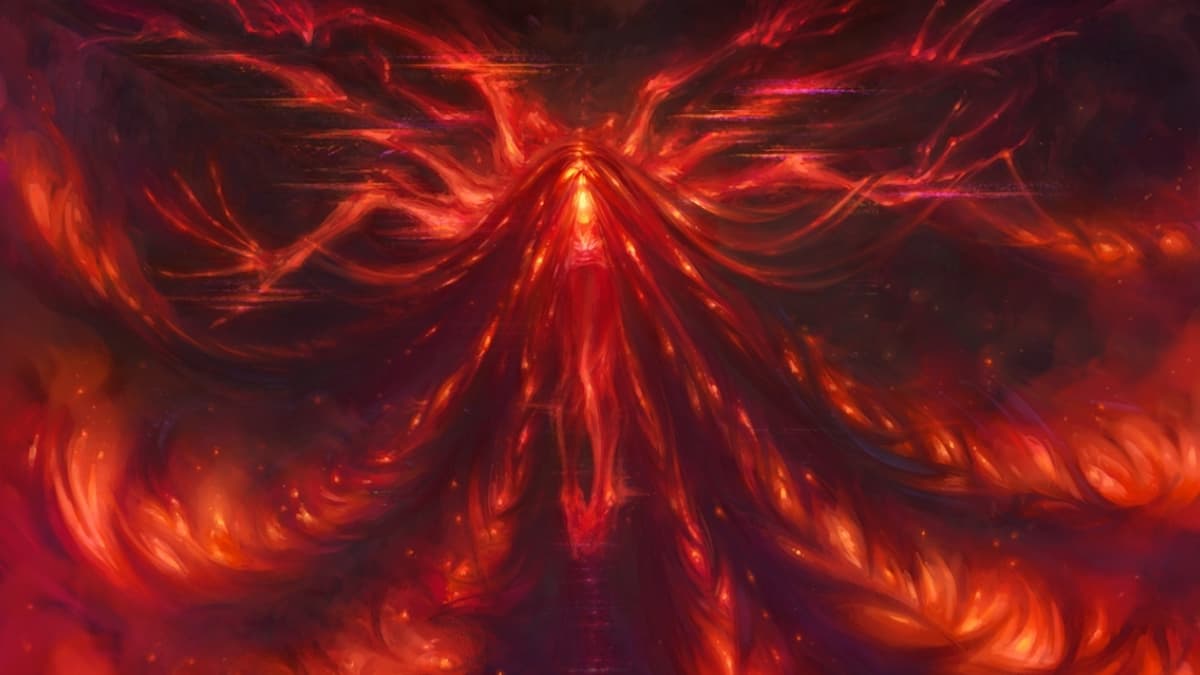
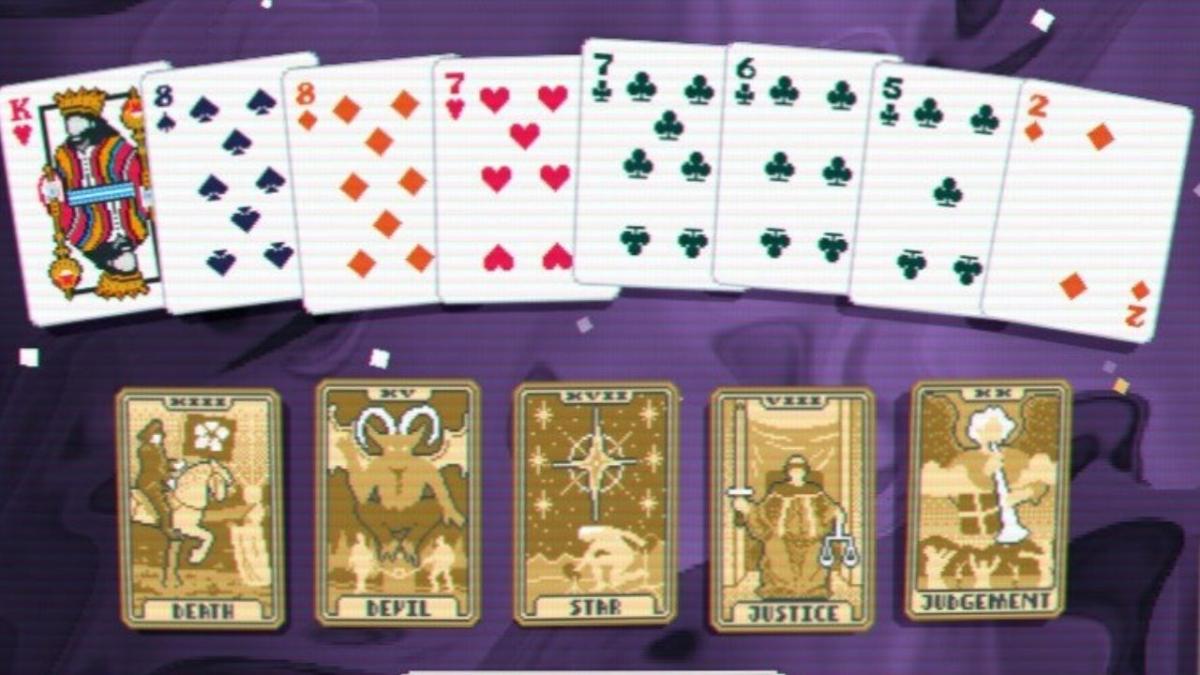
Published: Aug 14, 2019 10:00 am